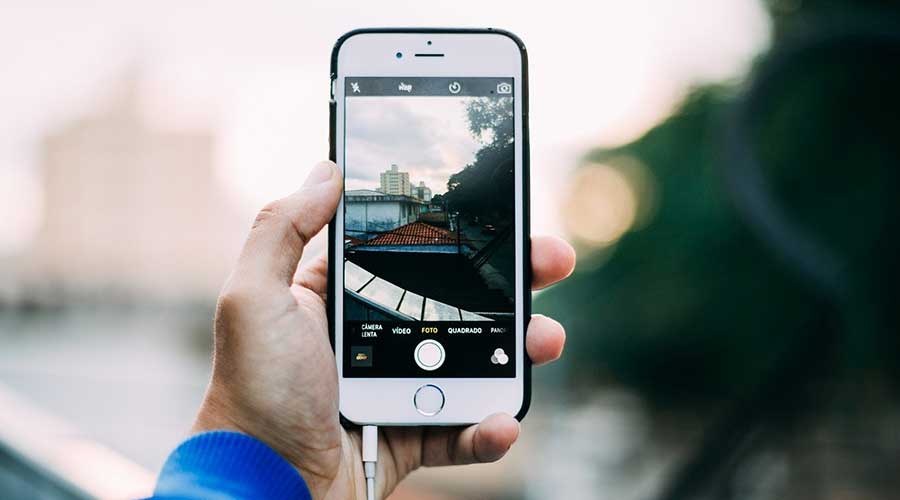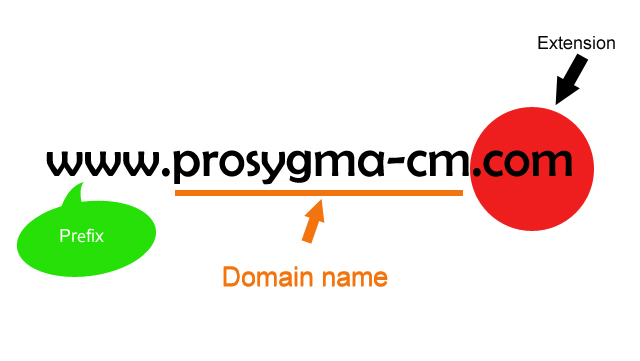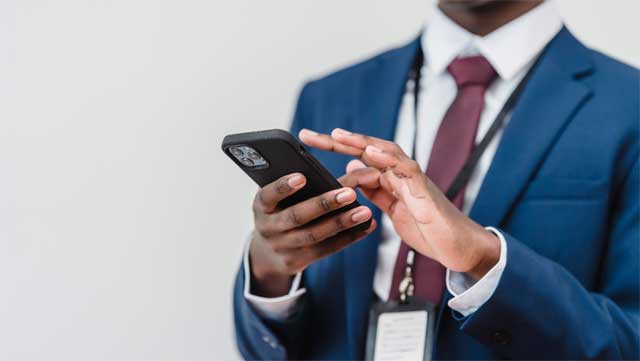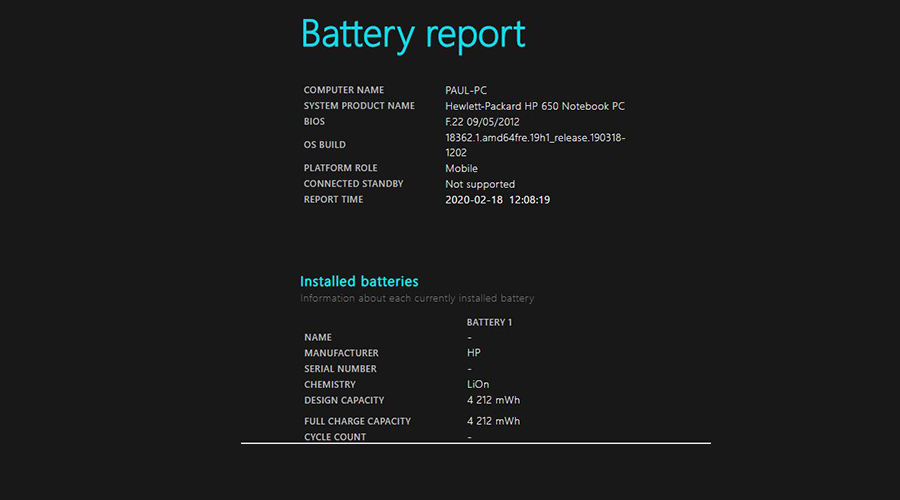
Mobile: Android smartphones send 20 times more data to Google than iOS to Apple
The smartphone is the primary computer most people use on a daily basis, an essential gateway to the Internet that most of us couldn't imagine doing without. But not everything we do on our smartphones is perfectly private. There is always data collection, whether by the operating system or by the applications. The user is more in control than ever, especially on the iPhone, where Apple has developed new features to protect privacy.
But a new study shows that users don't have perfect control over what smartphones share with Google and Apple. A computer researcher at Trinity College Dublin published a report showing that Android smartphones send 20 times more data to Google than iOS sends to Apple. Google disputed the findings, saying they were based on flawed methodology. Apple also said the study was flawed.
Apple and Google have a fundamentally different approach to data. Apple is a computer company and, increasingly, a software and services company. However, unlike Google, Apple charges for the majority of its products and services. As a result, the company has repeatedly stated that it is not interested in consumer data or in treating that data as a product.
Instead, Google offers many of its services completely free. To make a profit, the company is primarily a data-driven business, where the customer - and their data - is Google's primary product.
According to Ars Technica, researcher Doug Leith shows how different the two companies' approach is to the way their smartphones transmit data, reflecting their approach to consumer data.
According to Leith, Android stands out because of the amount of data it collects. On startup, an Android device sends about 1MB of data to Google, while iOS sends about 42KB to Apple. When idle, Android sends about 1 MB of data to Google every 12 hours, while iOS sends about 52 KB to Apple over the same period. In the U.S. alone, Android collectively collects about 1.3 TB of data every 12 hours. During the same period, iOS collects about 5.8 GB.
A flawed study?
Needless to say, Google disputed these results, and a spokesperson gave the following statement to Ars:
"We have identified flaws in the methodology used by the researcher to measure data volume and disagree with the article's claims that an Android device shares 20 times more data than an iPhone. Based on our research, these results are off by an order of magnitude, and we shared our methodological concerns with the researcher prior to publication.
This research largely describes how smartphones work. Modern cars routinely send basic data about vehicle components, safety status, and maintenance schedules to automakers, and smartphones work in a very similar way. This report details these communications, which ensure that iOS or Android software is up to date, services are working as expected, and the phone is secure and operating efficiently. "
An Apple spokesperson also said the report is wrong on several counts. Apple provides transparency and control over the personal data it collects, as well as privacy protections against user location.
Despite protests from Google and Apple, Leith's research is no surprise to anyone who has followed Google's data mining and collection practices.
Source: blog-nouvelles-technologies.fr







